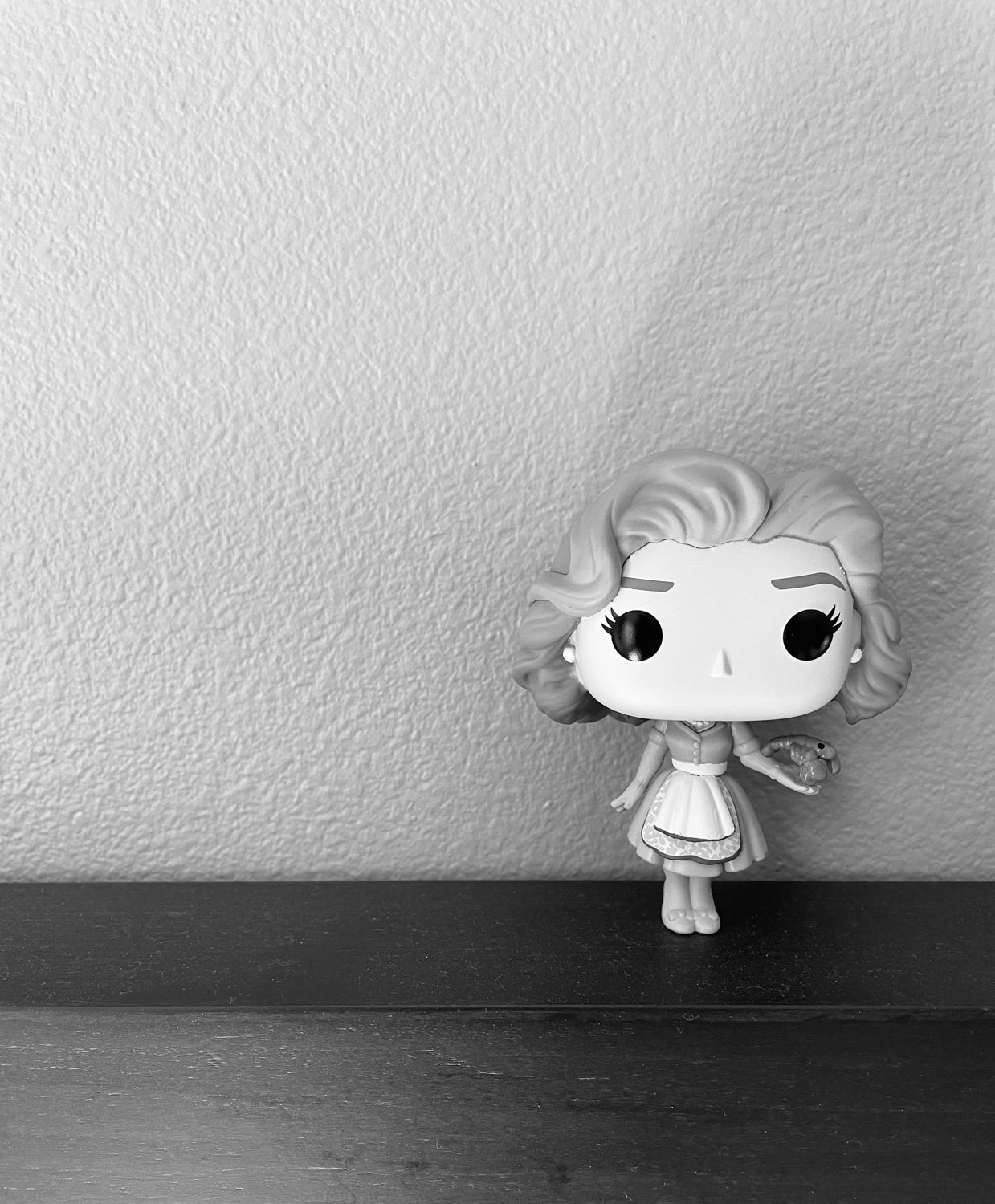Stop With The Neurotic, Please
Why are so many clever women in popular sitcoms neurotic?
American sitcoms follow a set format. The plot is usually linear involving a group of people with distinct characteristics, set in places where they can interact and play off each other. Then, conflicts are introduced, which are speedily resolved. There is nothing new or surprising about this – sitcoms are meant to be crisp, feel-good and more importantly, formulaic. They follow familiar patterns so that the audience knows what they’re getting. They even have similar plotlines and characters. For instance, Superstore reminds you of The Office (Dina is basically a female Dwight), and How I Met Your Mother has the friends-navigating-life-in-New-York vibe of Friends.
But the repetition is not what’s bothersome. It’s that beneath the mask of comedy, contemporary sitcoms sometimes normalise sexist biases, especially when it comes to their female characters. In many of these sitcoms, the smart and successful female leads are most of the times also the victims of mental illness.
It seems like women who are smart, intelligent, and accomplished, and who are either high up in their careers or are ambitiously working towards this goal, can apparently exist only if there is something that can cancel out their intelligence. For the makers of these shows, neurosis offers a twofold benefit: not only can it be used as something to punish the woman for being smart and successful, but it can also be used as a potential tool for extracting many, many jokes, at her expense.
A case in point is Jan from The Office. In early episodes of the show, Jan is depicted as a strong, rigid careerwoman who is having a hard time managing someone as idiotic as Michael Scott, but somehow is able to do the job anyway. Despite being recently divorced, she is at the top of her game, professional in her approach and takes her work seriously. But as the series progresses her mental health goes for a toss. And this is (ab)used by the makers of the show as a punchline to not only mock at her as she goes on a streak of self-destruction, but also to turn her into a catalyst for Michael’s misery, and then conveniently blame her for it.
Imbuing neurosis in female leads is a strategic technique to subtly undermine their achievements. Let’s look at Scrubs, where Elliot’s neurotic tendencies balance out the fact that she is a capable, hardworking and talented doctor. These tendencies are presented as quirks that endear audiences to her, but the makers of the show easily gloss over the fact that anxiety makes it difficult for her to be at ease and have a normal functioning life.
The construction of female neurosis is a devious strategy for balancing out the power equation between the sexes. In pairing an empowered woman who not only loves her demanding job but is also good at it, with a man who is empowered by nothing other than the fact that he is a man, there needs to be a tilting factor that tips the scales in favour of him. The most convenient and laughter-guaranteeing method is to give the female character an over the edge issue, such as a mild form of OCD, and naturalize it as a girl thing. Like Monica from Friends: her OCD gave us a fountain of ‘cleanliness freak’ jokes.
I can’t help wondering: what would these shows look like if they didn’t depend on the construction of female neurosis? Because guess what, non-neurotic clever women do exist, and like it or not, they May Destroy You.


